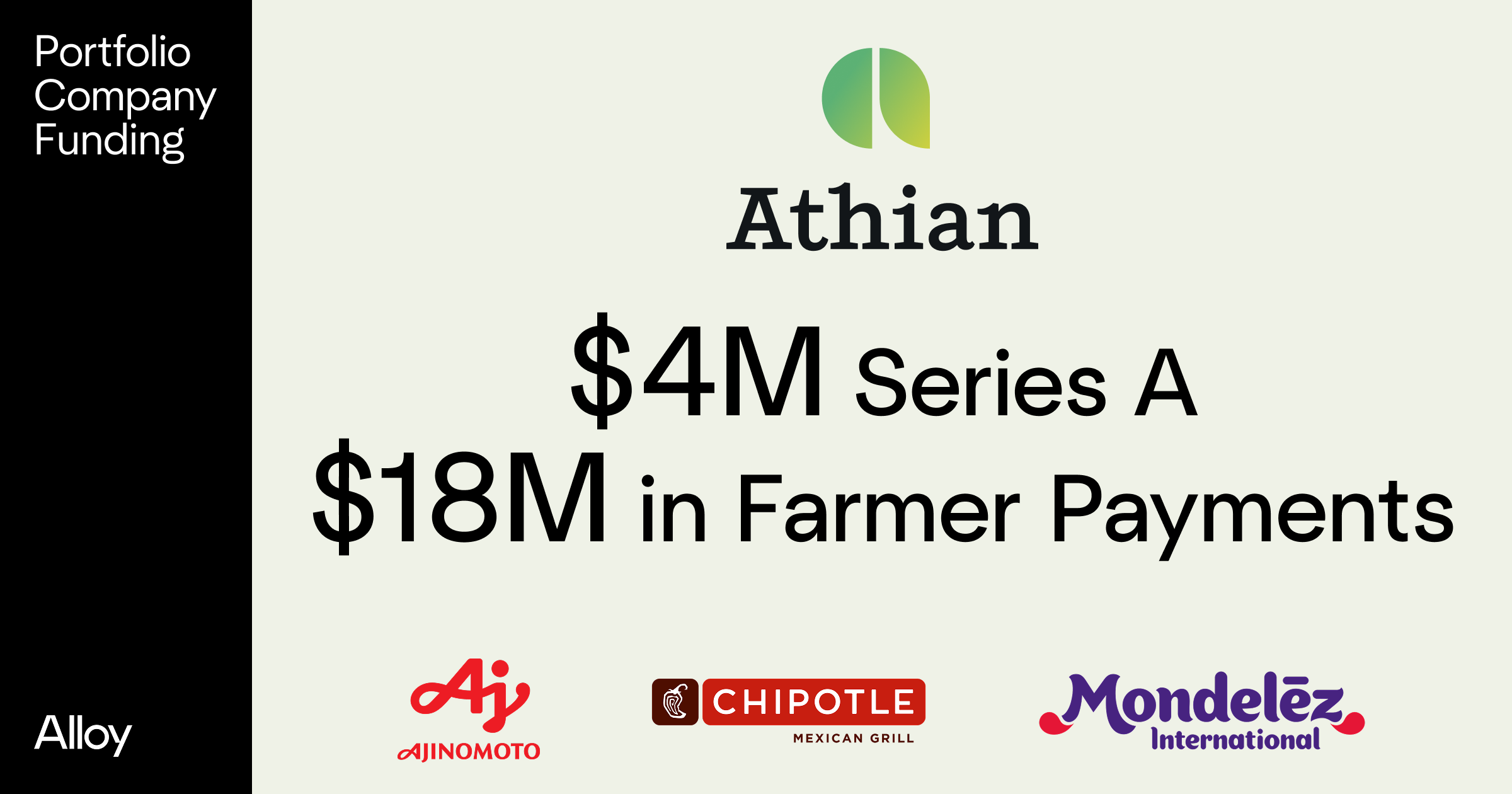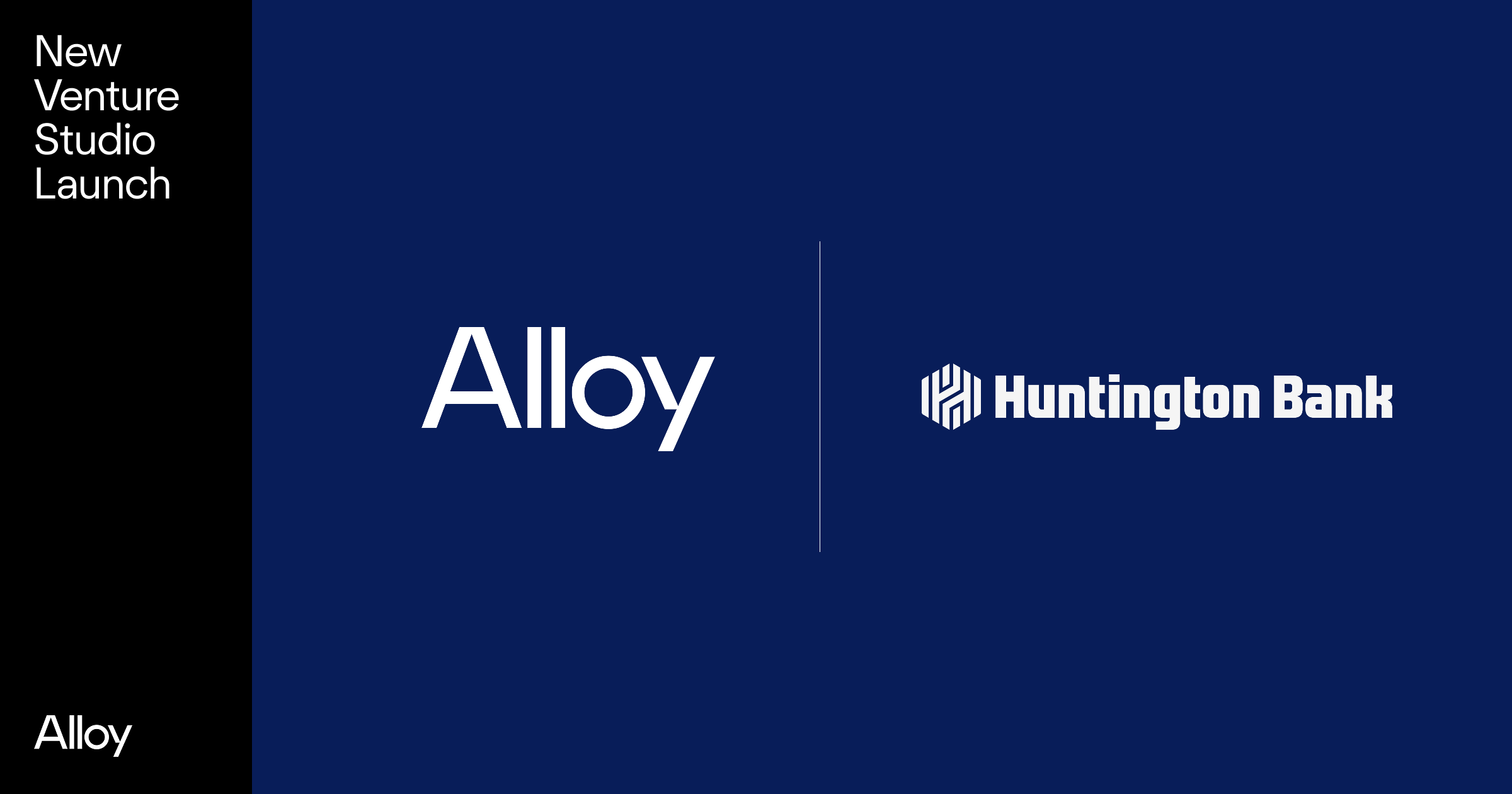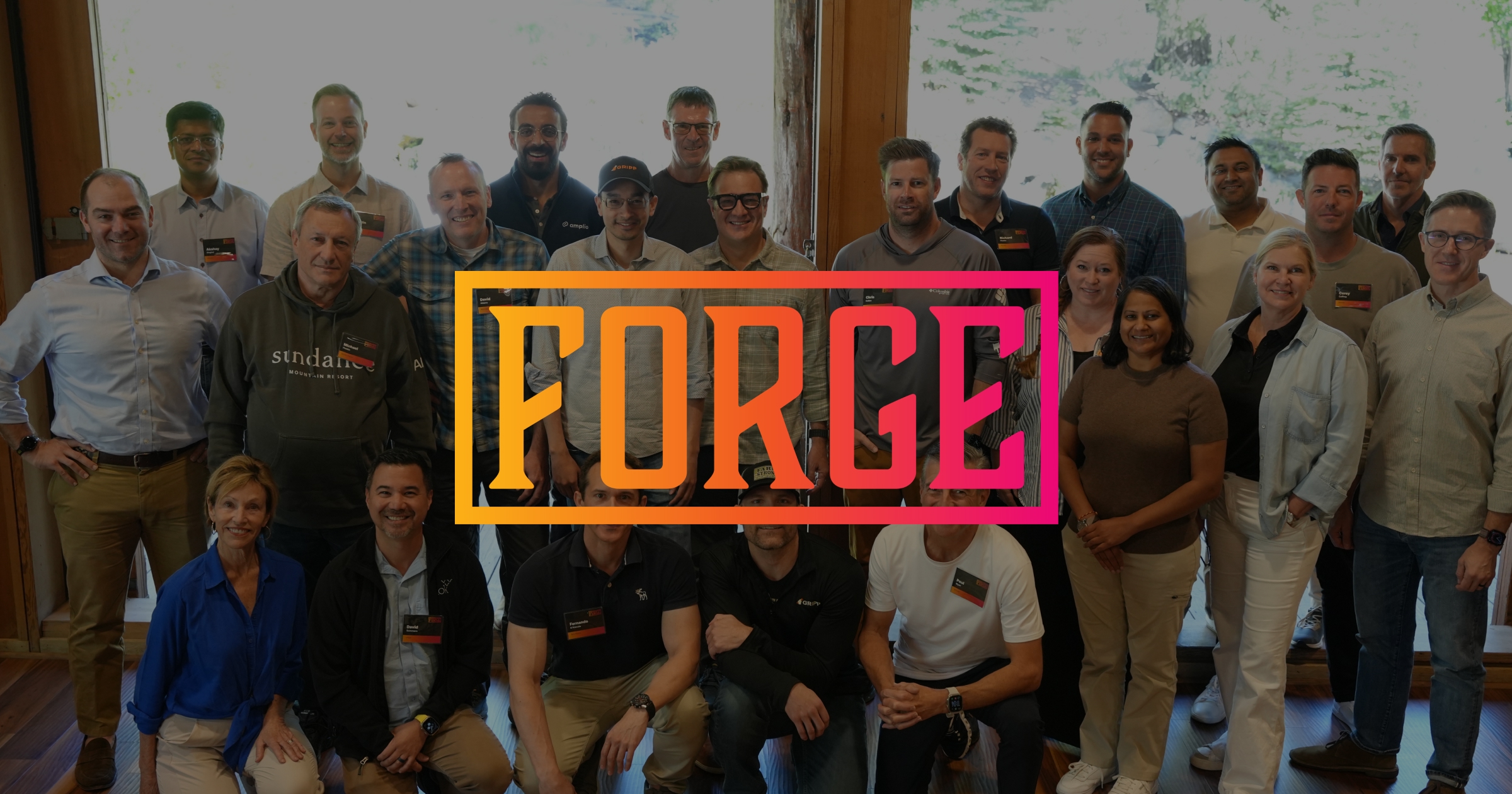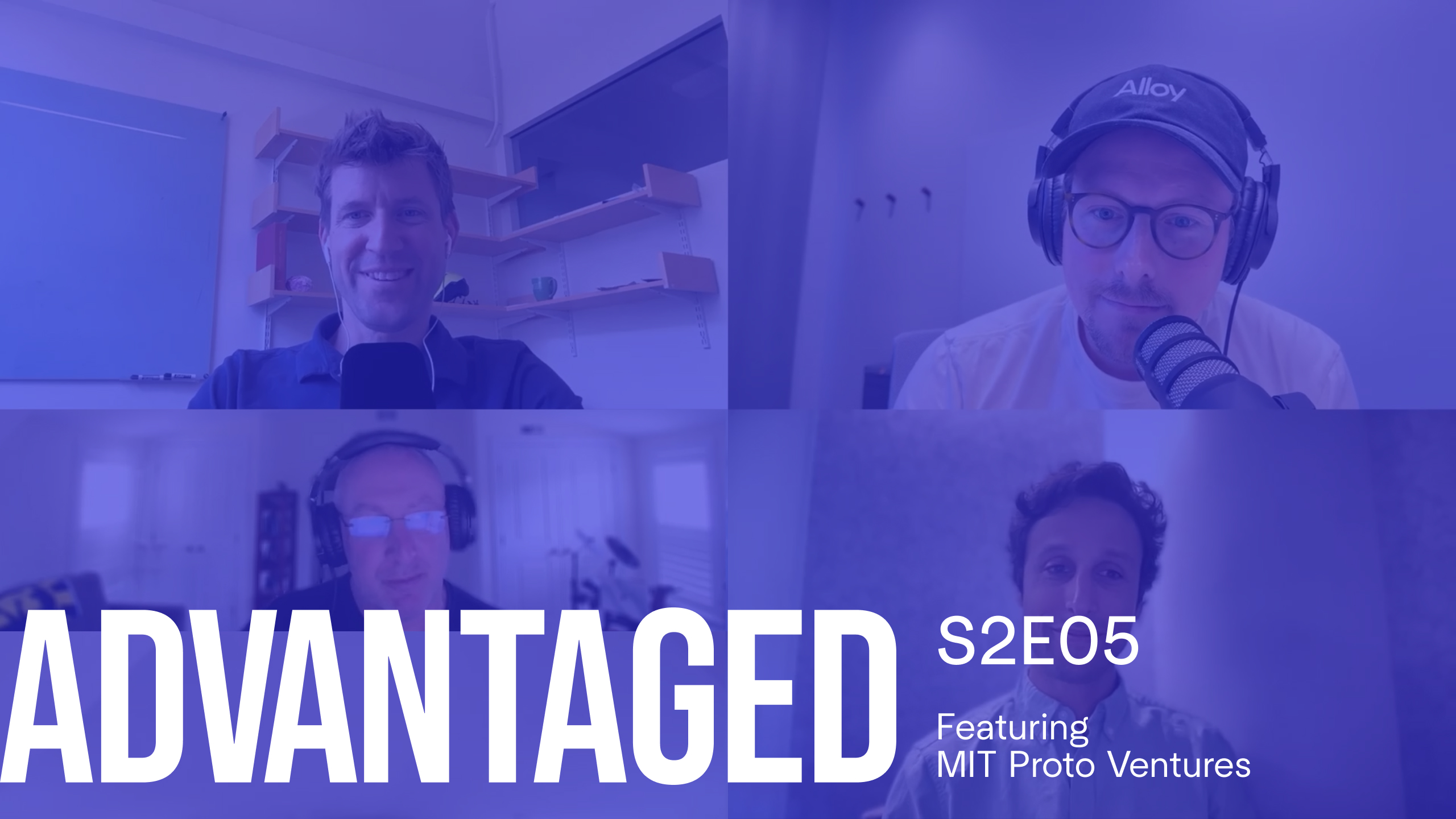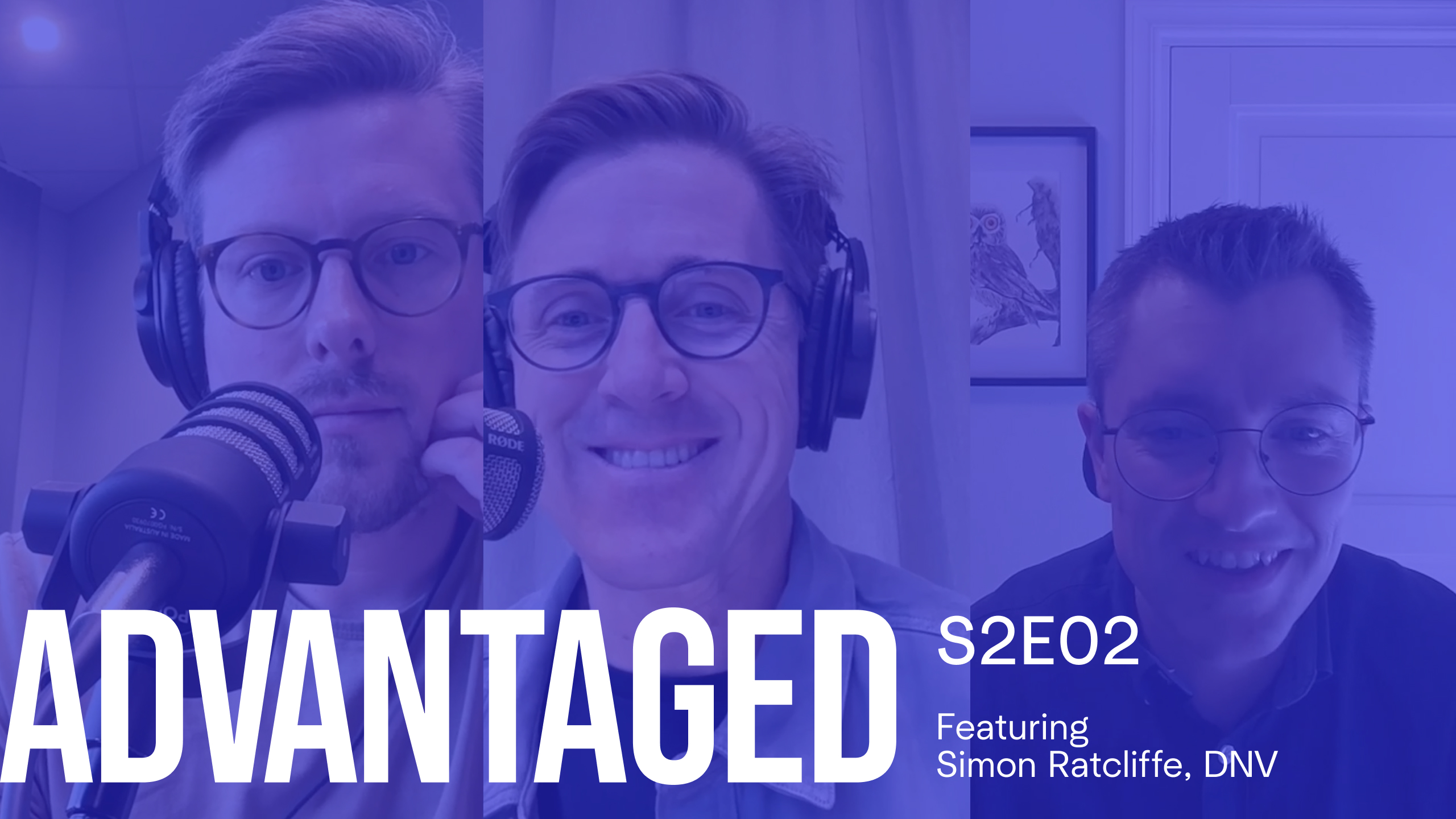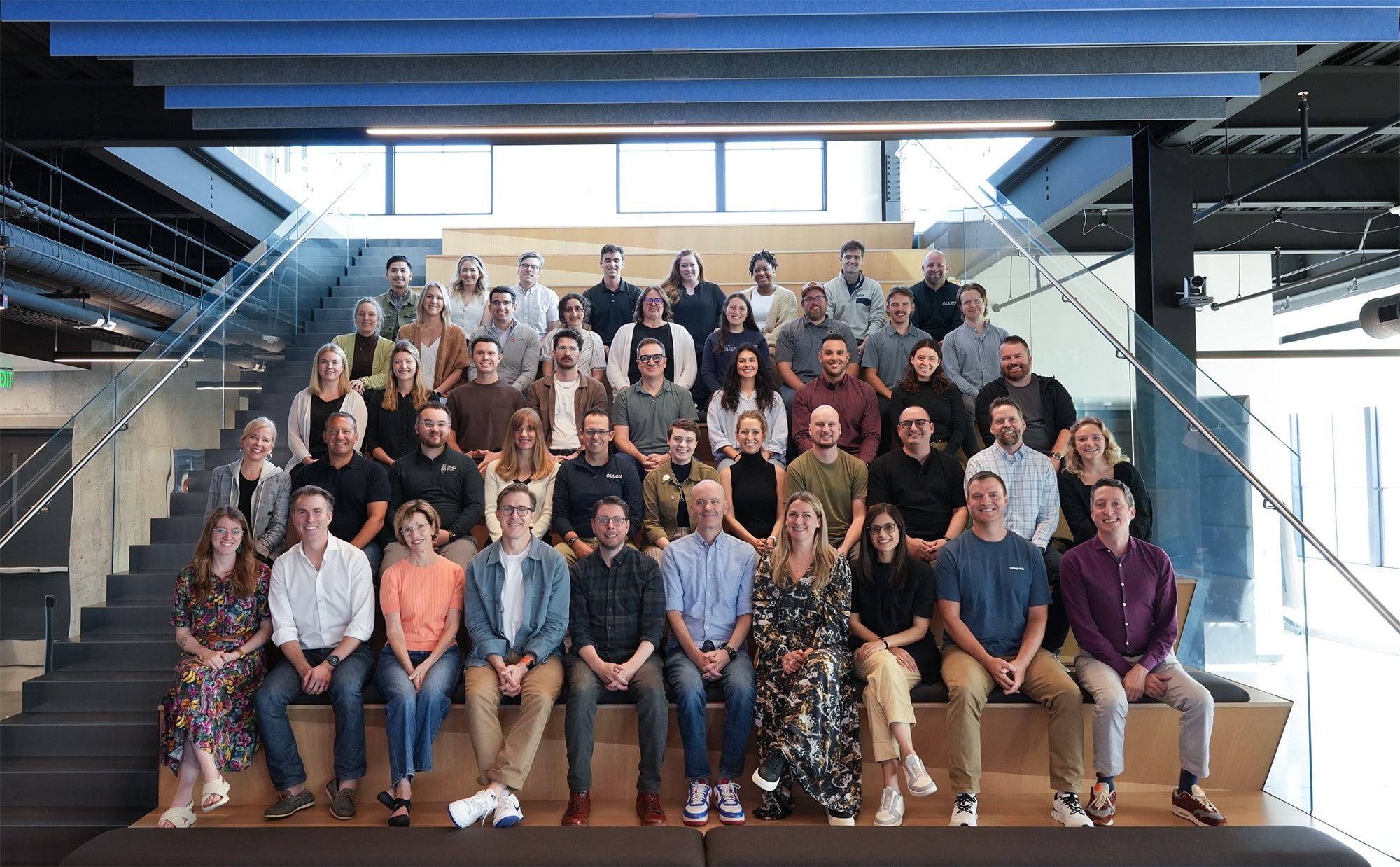Once we’ve teamed up with a corporate partner to identify a meaningful problem and assembled a co-founding team, our next focus is giving that team every possible advantage as they bring a new startup to life. A big part of that advantage comes from our Venture Build team at Alloy and our broader network of advisors, mentors, and operators.
One thing, though, that often surprises people in the startup world: we set up a board right from the start.
Most startups don’t form boards until they’ve raised a couple of rounds and reached a certain scale. At Alloy, we believe boards can be a huge value-add even at the earliest stages—not just for governance, but as a strategic asset that helps our startups move faster, make better decisions, and grow smarter.
Designing Boards for Pre-Seed Startups
When it comes to building a board at the pre-seed stage, we think carefully about structure, composition, and involvement.
We keep our boards small and nimble—typically three people:
- The startup CEO
- A representative from Alloy Partners
- A member of the Corporate Partner team
In our early days, someone from the Alloy team always took one of the seats. But as our portfolio grew and expanded into new industries like sustainability, agriculture, and government, we realized two things: our internal team doesn’t have unlimited bandwidth, and, in some cases, our Partners either couldn’t or didn’t want to hold a formal board seat (often opting to be observers instead). That left us with a gap.
Meanwhile, we’d already been bringing in outside experts—through our Fusion Network, Strategic Advisory Council, or venture building engagements—to help our startups grow. These experts brought deep industry knowledge, valuable connections, and hands-on experience, all without the overhead of adding full-time hires.
So we asked ourselves: What if we could bring that same firepower and founder-first mindset directly to our boards?
Enter the Independent Board Member
That’s how our Independent Board Member role came to life.
But with that came a new challenge: How do we find, engage, and bring on world-class board members who can truly move the needle for our startups?
Fortunately, our Founder Talent team at Alloy was already well-positioned to take this on. After hiring over 50 co-founders, expanding into board member recruitment was a natural next step. We tap into our extensive advisor network for referrals—and we actively search, too. We hunt for individuals with the right blend of entrepreneurial grit, strategic thinking, and governance experience.
Once we identify strong candidates, we spend significant time getting to know them—and helping them get to know us. We walk them through our studio model, the startup’s business, and what it really means to serve on an early-stage board. That includes aligning on expectations around support, time commitment, and how they can best partner with the founding team.
Throughout the interview process, candidates meet with the co-founders and existing board members to dive deep into the company’s mission, go-to-market strategy, current challenges, and long-term vision. It’s not just about evaluating fit on our end—it’s about making sure candidates have the context and clarity they need to be truly effective board partners from day one.
And when it works, the impact is immediate and meaningful. As Tracey Wiedmeyer, CEO of Gripp, shared about his Independent Board Member Ben Voss:
"Ben has been everything we hoped for and more. Not only is he helping to think through strategy, he's also so well connected—where there is a perspective or sounding board we need, he's got many people in his network that we are able to tap into for collective wisdom. That experience, care, and network has been invaluable."
This kind of contribution is exactly what we aim for when placing an Independent Board Member.
While each startup is different, we look for three core traits in every Independent Board Member:
1. Startup or Founder Experience
We want board members who’ve been in the trenches—ideally former founders or early-stage executives who know what it’s like to launch something new. Experience advising or investing in early-stage startups also counts. Our founders are negotiating pilots, chasing first revenue, building their products, and hitting roadblock after roadblock. They need board members who truly get it—people who’ve lived it and can offer real, actionable advice.
2. Board Experience
This one’s non-negotiable. We only bring on Independent Board Members who have experience serving on a for-profit board. Ideally, that’s a venture-backed startup board, but broader board or observer experience also helps. These board members are responsible for guiding the company’s strategic direction and protecting shareholder interests—it’s a big job, and we want people who know what they’re doing, especially when things get tough.
3. Industry Expertise
A lot of our startups operate in complex, highly regulated, or niche industries. That can mean long sales cycles, specialized customer bases, or policy-heavy environments. When the founding team is new to the space, bringing in someone with deep industry knowledge can make all the difference—helping our founders navigate nuance, avoid landmines, and accelerate learning.
What Our Boards Actually Do
A great board brings credibility, governance, compliance, and operational insight—but more than that, our board members are mentors, connectors, and advocates.
As Ben Voss, put it:
"I serve on the boards of some very large organizations, and while I appreciate the structure and formality that comes with those, nothing compares to the energy of an early-stage startup. The speed of decisions, the trust required, the ability to move fast—it's exhilarating and incredibly rewarding."
They’re often former founders themselves, now giving back to the startup ecosystem. They’re behind the scenes helping open doors, spot opportunities, and get the word out about the amazing work our startups are doing.









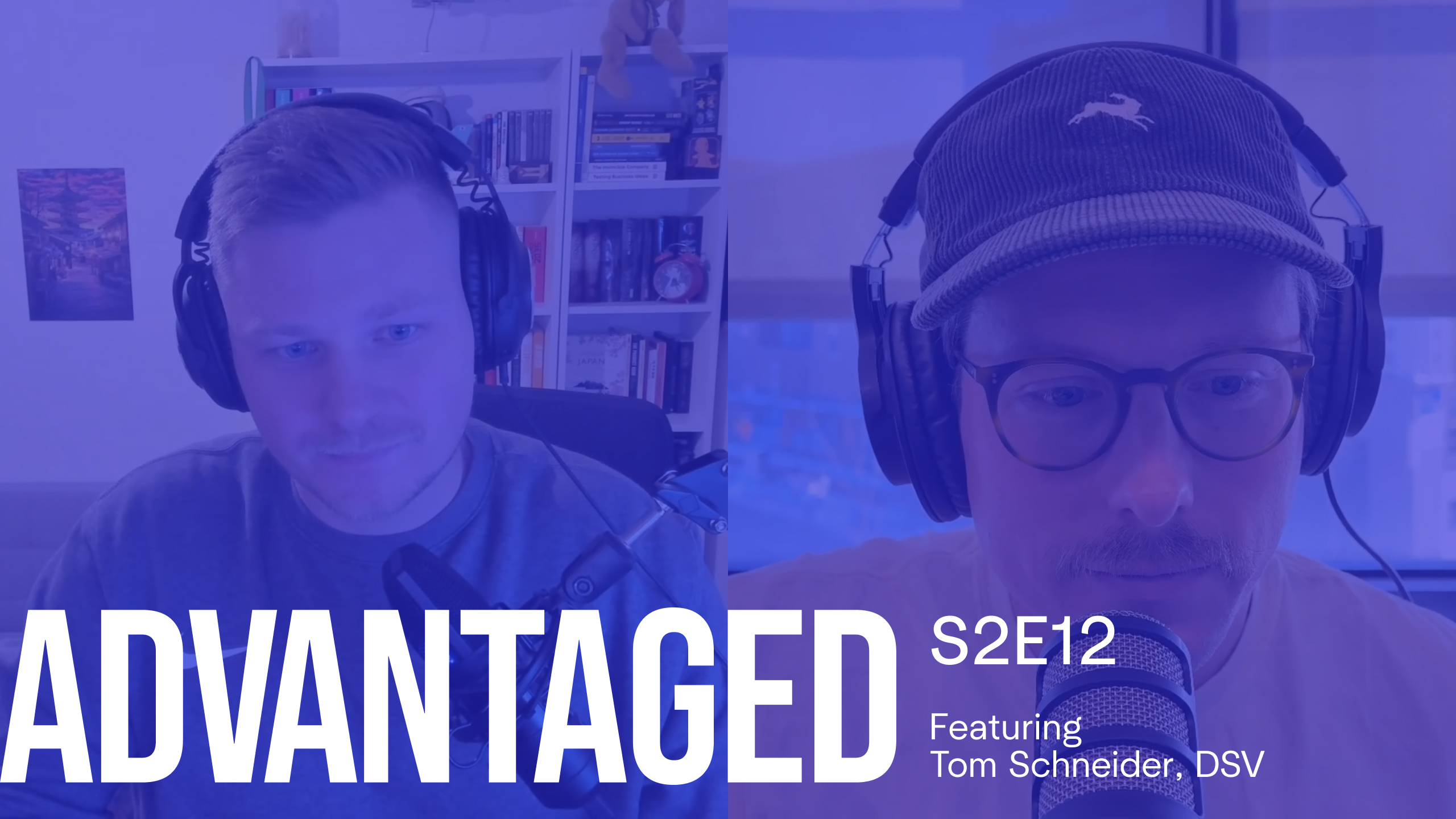



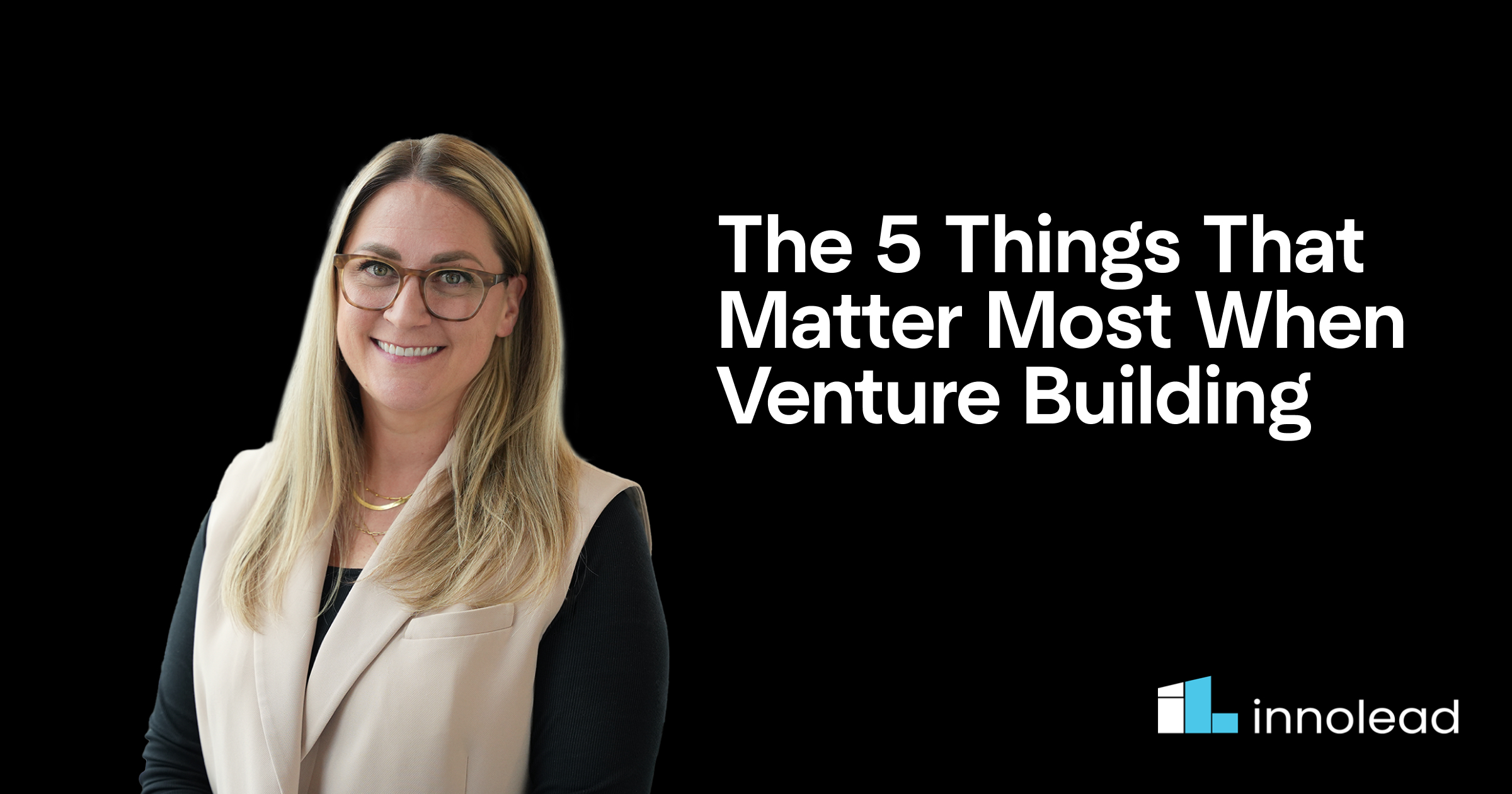

.png)

